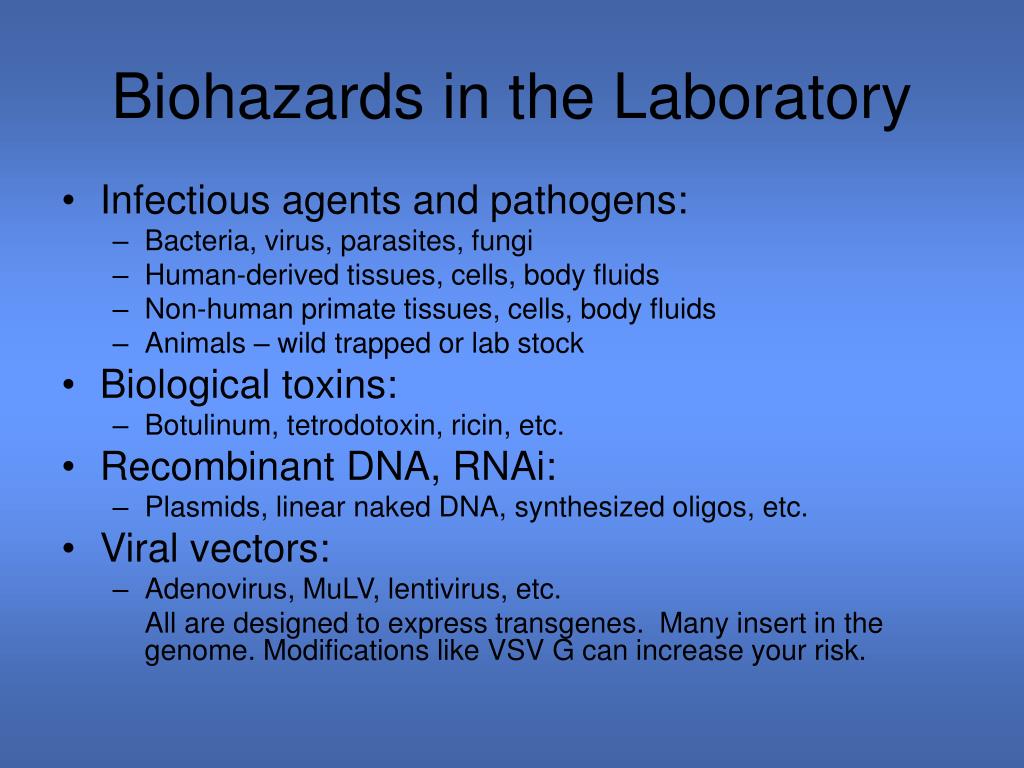Ensuring the health of your pets helps them thrive. Veterinary laboratories deliver accurate health assessments for our furry companions.
Here, we’ll break down how pet diagnostic centers assist veterinarians, their key services, and why regular diagnostic testing is important.
Understanding the Role of Veterinary Testing Centers
Animal health laboratories offer testing for medical concerns in household pets. Veterinary clinics use their findings to make accurate diagnoses.

How they work generally features:
- Collecting samples: Key biological materials are obtained at clinics.
- Sample examination: Advanced tools analyze the samples.
- Creating a report: The lab delivers insights to the veterinarian for treatment recommendations.
Common Veterinary Tests for Pets
Pet labs provide numerous testing options to identify underlying issues. Important assessments include:
- Complete blood counts (CBC): Identify infections.
- Bladder health evaluations: Check for diabetes.
- Stool analysis: Ensure proper digestion.
- diagnóstico laboratório veterinário
- Allergen identification: Identify environmental triggers.
- análises clínicas veterinárialaboratório de análises clínicas veterinária preventiva
- Advanced imaging techniques: Spot tumors.
Why Regular Testing is Important for Your Pets
Ongoing health monitoring plays a key role in managing chronic conditions. Catching issues early allows for better outcomes.

Why regular testing matters include:
- Improved health outcomes: Accurate diagnoses for your pet’s needs.
- Knowing your pet is cared for: Catch issues before they worsen.
- Cost savings over time: Catch issues before they become critical.
Why Veterinary Testing is Essential for Cats and Dogs
Scheduling routine tests for household animals is one of the best ways. Veterinary labs offer critical support to address their needs proactively.
Start using veterinary labs for routine care to support their needs for years to come!
Comments on “How Veterinary Testing Protects the Well-Being of Pets”